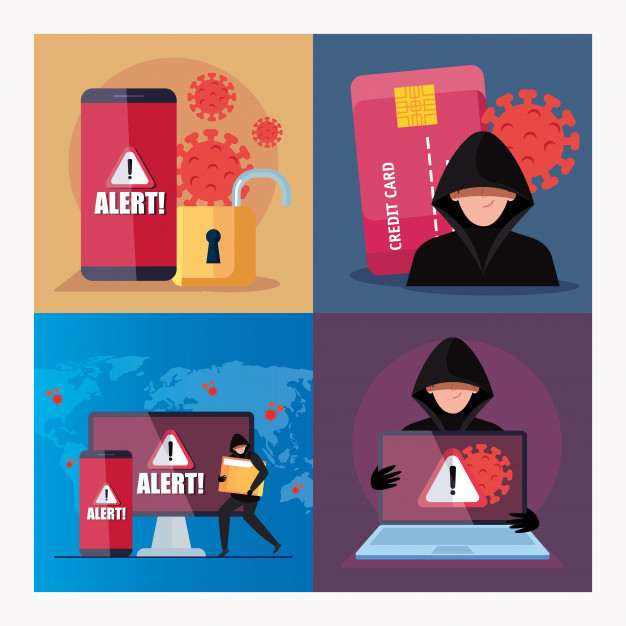Fraud Perpetrators are adapting existing technology to play on people’s fears around corona-virus. Some examples of COVID-19 scams include:
- Treatment scams: Fraud Perpetrators are offering to sell fake cures, vaccines, and advice on unproven treatments for COVID-19
- Supply scams: Fraud Perpetrators are creating fake shops, websites, social media accounts, and email addresses claiming to sell medical supplies currently in high demand, such as surgical masks. When consumers attempt to purchase supplies through these channels, fraudsters pocket the money and never provide the promised supplies.
- Provider scams: Fraud Perpetrators are also contacting people by phone and email, pretending to be doctors and hospitals that have treated a friend or relative for COVID-19, and demanding payment for that treatment.
- Charity scams: Fraud Perpetrators are soliciting donations for individuals, groups, and areas affected by COVID-19.
- Phishing scams: Fraud Perpetrators posing as national and global health authorities, including the World Health Organization (WHO) and the RIVM/GGD, are sending phishing emails designed to trick recipients into downloading malware or providing personal identifying and financial information.
- App scams: Fraud Perpetrators are also creating and manipulating mobile apps designed to track the spread of COVID-19 to insert malware that will compromise users’ devices and personal information.
- Investment scams: Fraud Perpetrators are offering online promotions on various platforms, including social media, claiming that the products or services of publicly traded companies can prevent, detect, or cure COVID-19, and that the stock of these companies will dramatically increase in value as a result. These promotions are often styled as “research reports,” make predictions of a specific “target price,” and relate to microcap stocks, or low-priced stocks issued by the smallest of companies with limited publicly available information.



